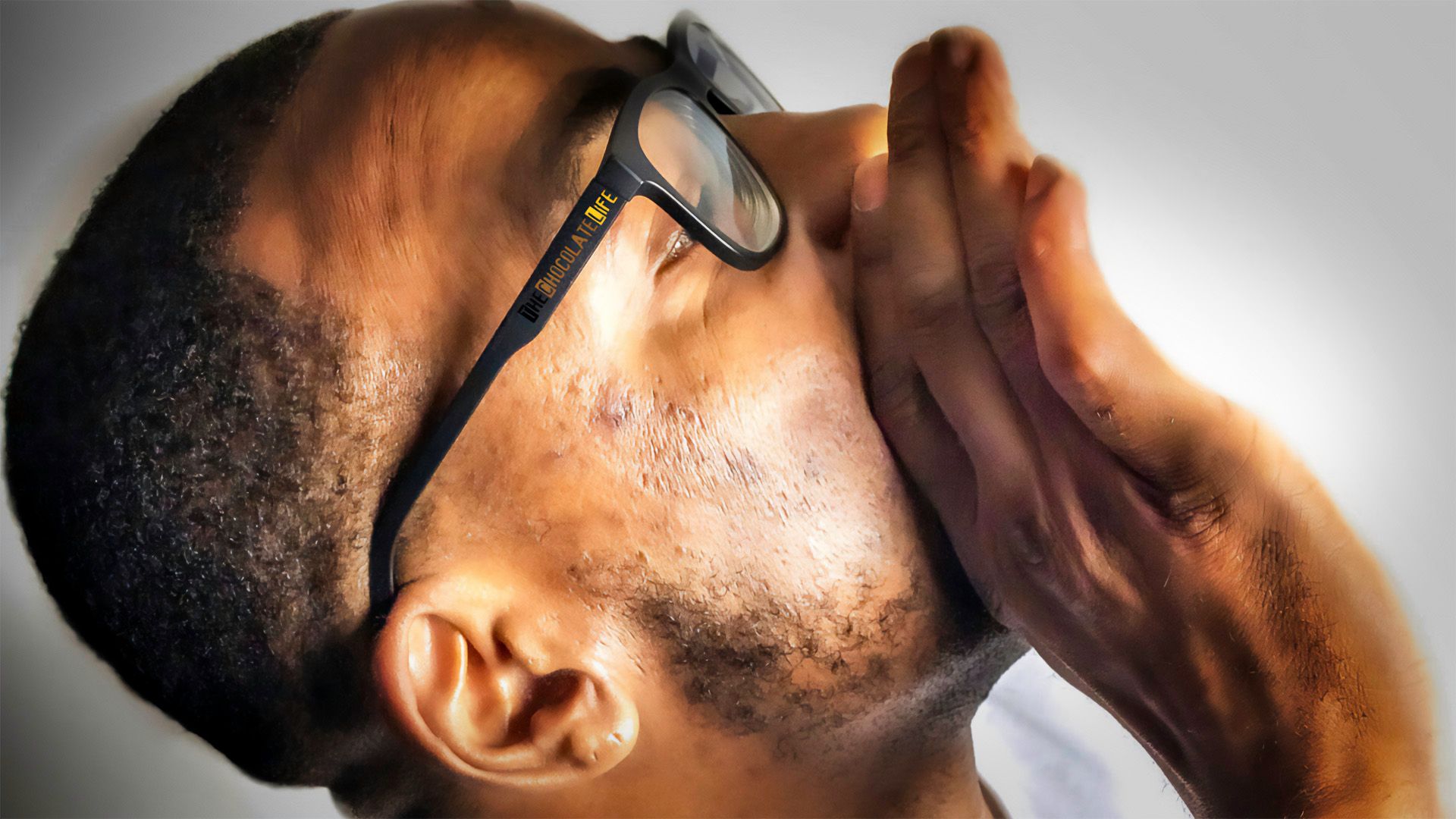TheChocolateLifeLIVE series ended on Tuesday, November 14th, 2023 after two years and 146 episodes. The series has been replaced by #PodSaveChocolate.
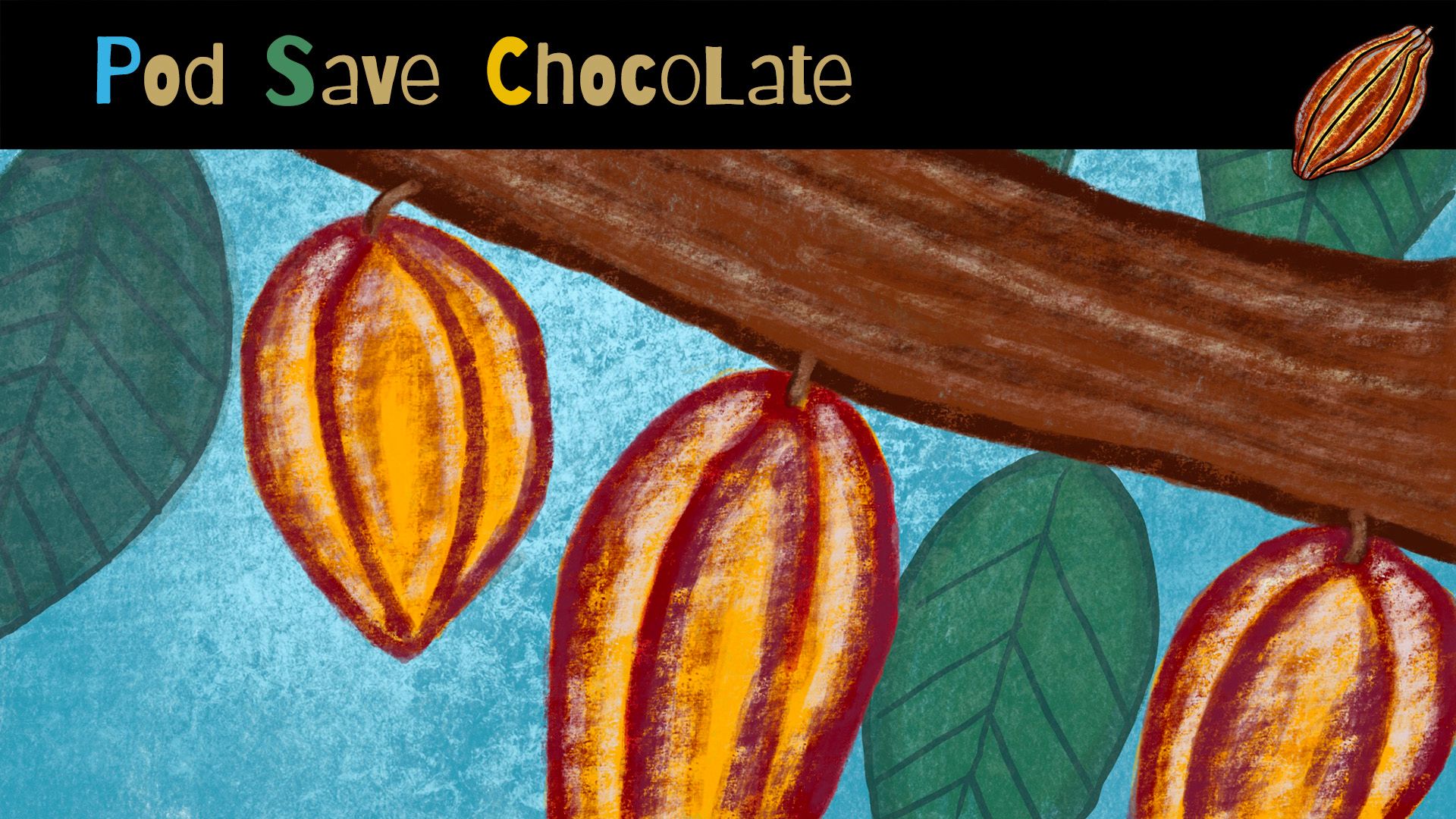
Commenting has been left on for all archived posts.
»» All Episodes – 2021 to 2023 ««
November
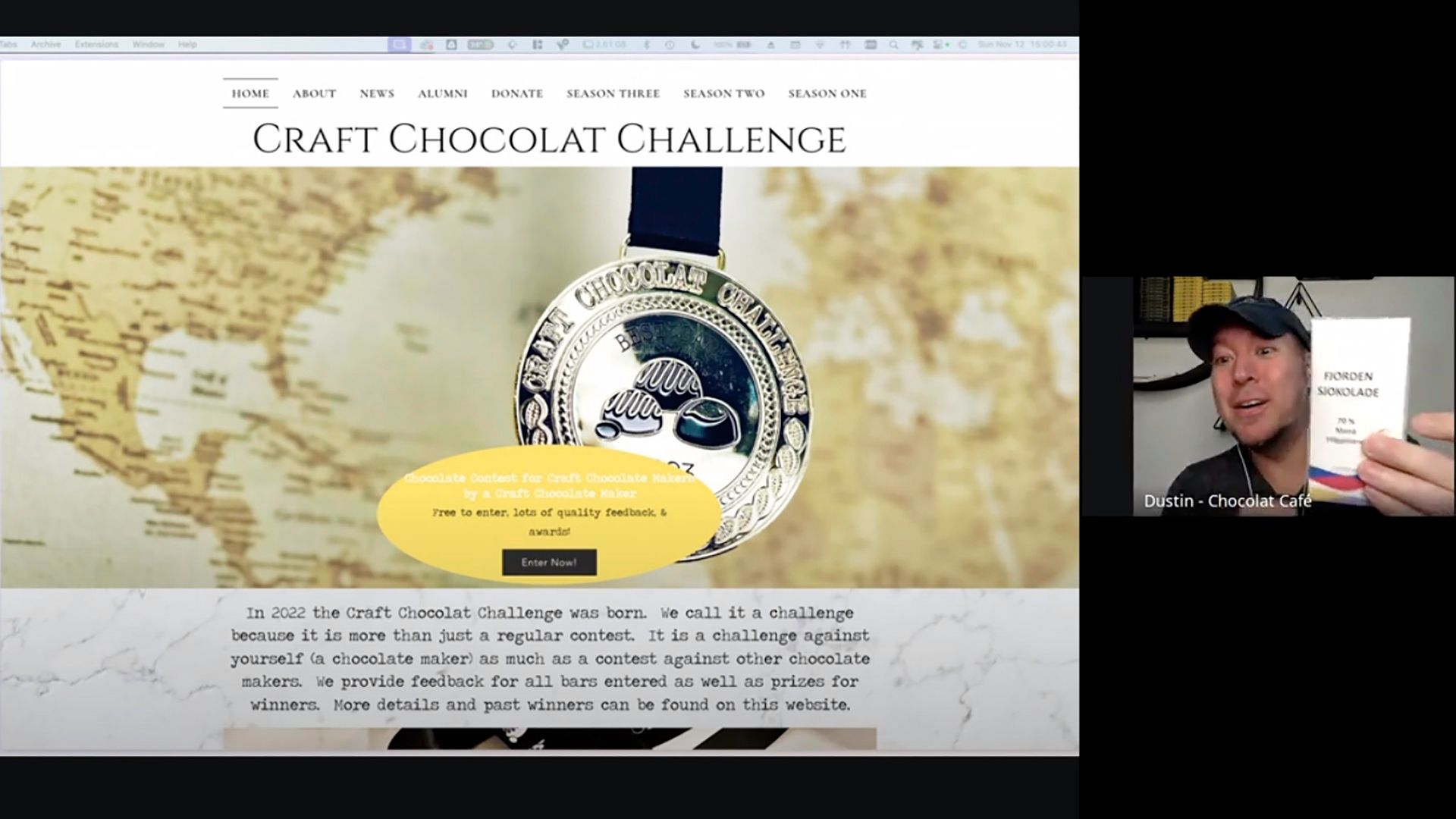
Ep 146 | November 10th

Ep 145 | November 10th
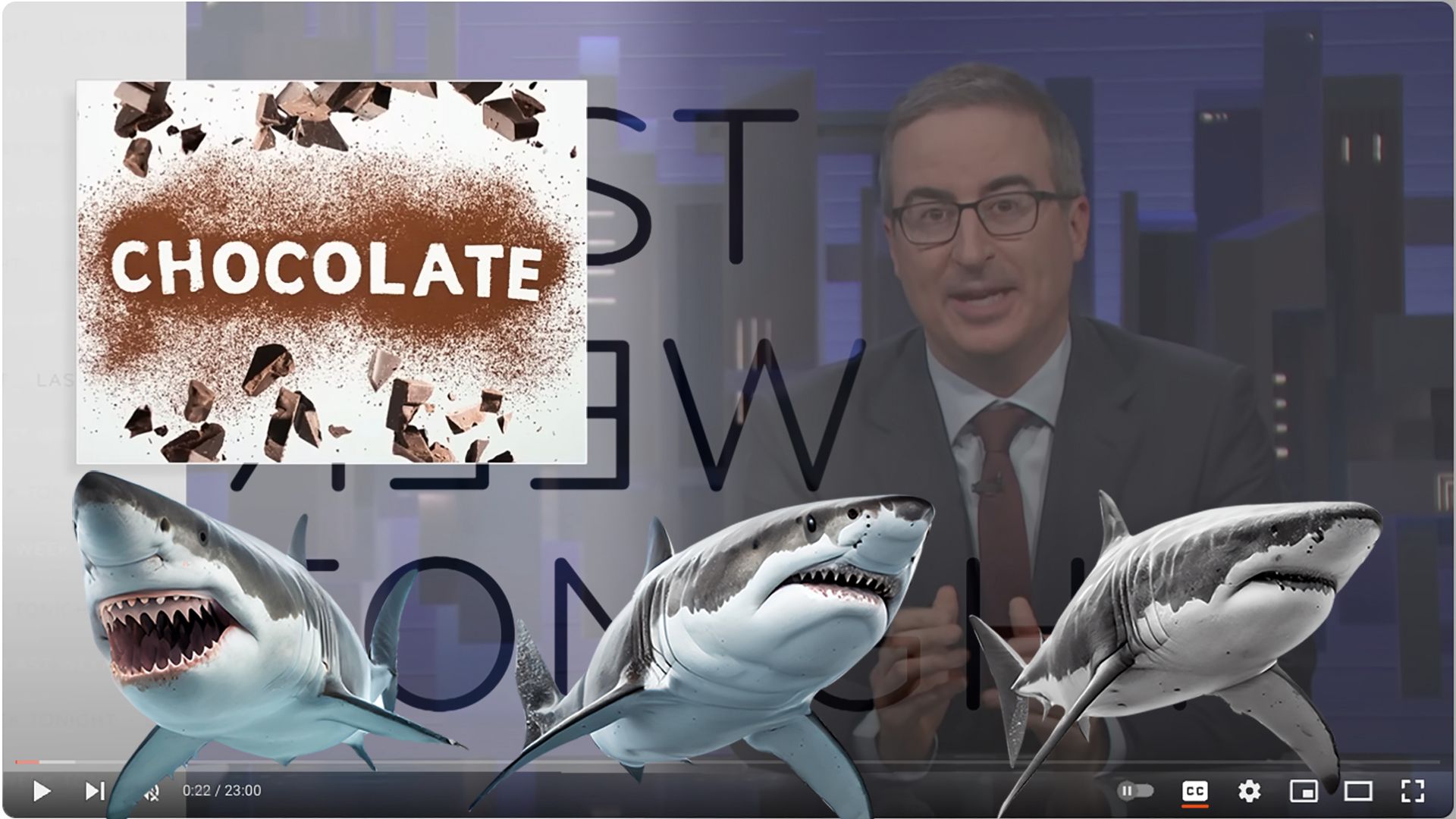
Ep 144 | November 7th – Note that YouTube took down the video. It’s still up on LinkedIn and Facebook at the time of this writing.
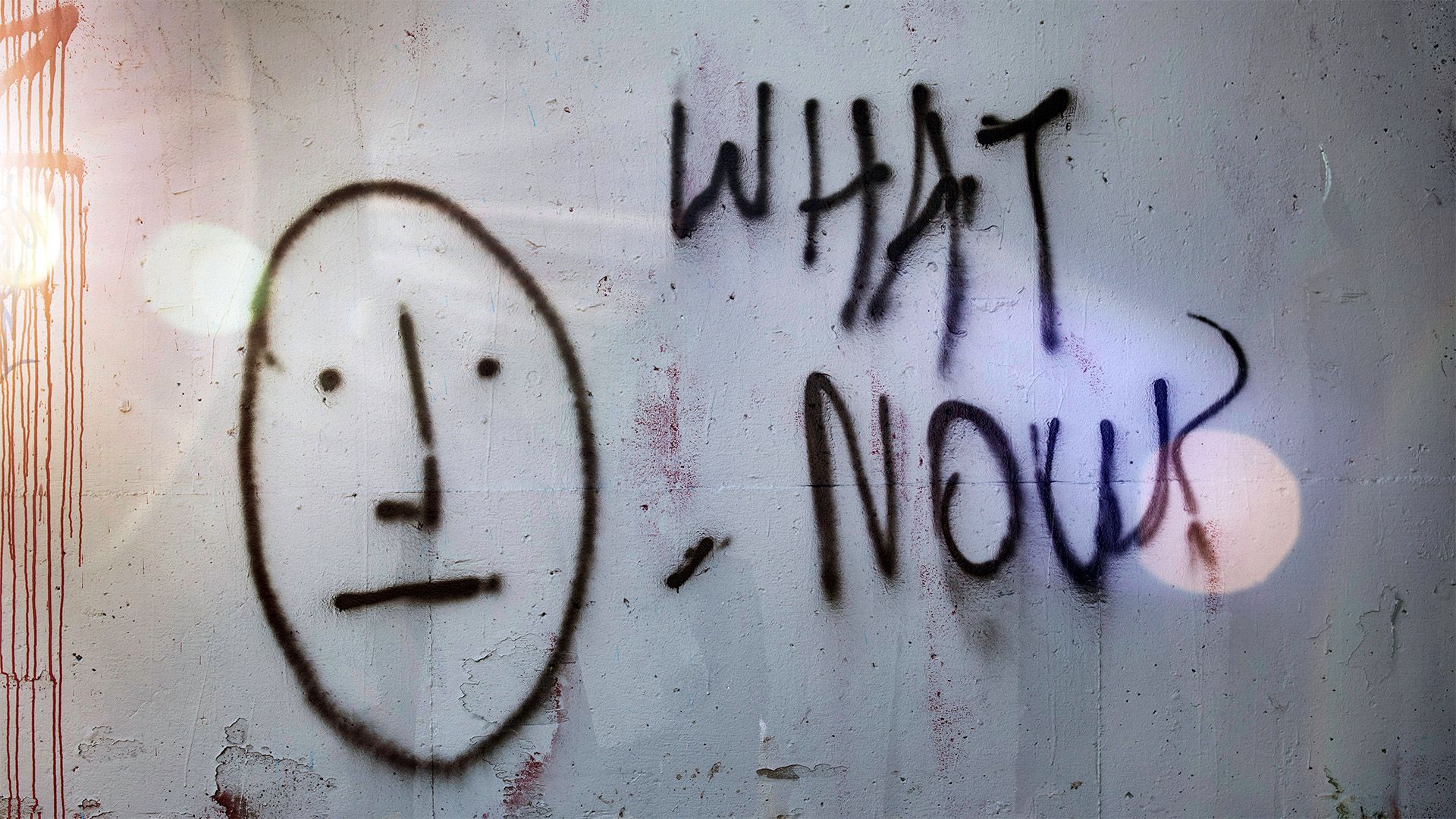
Ep 143 | November 3rd
October
Ep 142 | October 31st
Ep 141 | October 20th
Ep 140 | October 17th
Ep 139 | October 13th
Ep 138 | October 10th
Ep 137 | October 6th
Ep 136 | October 3rd
September
Ep 135 | September 25th
The importance of respecting different belief systems is acknowledged while emphasizing that there is no direct connection between many modern cacao ceremonies and ancient creation myths. (If you know of any research on this topic, please share them.)
The role of ceremonial cacao in connecting with our inner selves and achieving a state of heightened consciousness is discussed, with an emphasis on minimal processing and traditional preparation methods involved in making ceremonial cacao. The qualities that make ceremonial cacao "ceremonial grade" are outlined, including organic cultivation practices and the use of high-quality cocoa beans. The cultural misappropriation of cacao ceremonies is touched upon, and the need for maintaining a connection to the heritage and original purpose of these ceremonies is stressed. The power of cacao ceremonies in fostering connections and understanding among different cultures is also highlighted.
Ep 134 | September 22nd
Ep 133 | September 19th
Ep 132 | September 15th
Ep 131 | September 12th
August
Ep 130 | August 25th
Ep 129 | August 18th
Ep 128 | August 11th
Ep 127 | August 4th
July
Ep 126 | July 25th
Ep 125 | July 21st
Ep 124 | July 18th
Ep 123 | July 14th
Ep 122 | July 11th
Ep 121 | July 7th
Ep 120 | July 4th
June
Ep 119 | June 30th
Ep 118 | June 27th – With updated Resource links
Ep 117 | June 23rd – With updated Resource links
No episode today – I was a panelist and presenter at Confectionery LIVE.
Ep 116 | June 16th – With updated Resource links
Ep 115 | June 13th – With updated Resource links
Ep 114 | June 2nd – With updated Resource links
May
Ep 113 | May 30th – With updated Resource links
Ep 112 | May 26th – With updated Resource links
Ep 111 | May 19th – With updated Resource links
Ep 110 | May 16th – With updated Resource links
Ep 109 | May 12th
Ep 108 | May 9th
Ep 107 | May 5th
Ep 106 | May 2nd
April
Ep 105 | April 28th
Ep 104 | April 25th
Ep 103 | April 21st
March
Ep 102 | March 31st
Ep 101 | March 24th
Ep 100 | March 21st
Ep 99 | March 17th
Ep 98 | March 14th (Pi Day)
Ep 97 | March 10th
Ep 96 | March 7th
Episode 95 | March 3rd
February
Episode 94 | Feb 28th
Episode 93 | Feb 24th
Ep 92 | Feb 21st
Ep 91 | Feb 17th
Ep 90 | Feb 14th
Ep 89 | Feb 10th
Ep 88 | Feb 7th
Ep 87 | Feb 3rd
January
Ep 86 | Jan 31st
Ep 85 | January 27th
Episode 84 | January 24th
Episode 83 | January 20th
Episode 82 | January 17th
Episode 81 | January 10th
Episode 80 | January 6th
Episode 79 | January 3rd
»» 2022 ««
December
Episode 78 | December 30th
Episode 77 | December 27th
Episode 76 | December 23rd
Episode 75 | December 20th
Episode 74 | December 16th
Episode 73 | December 13th
Episode 72 | December 6th
Episode 71 | December 2nd
November
Episode 70 | November 29th
Episode 69 | November 25th
Episode 68 | November 22nd
Episode 67 | November 18th
Episode 66 | November 15th
Episode 65 | November 11th
Episode 64 | November 8th
Episode 63 | November 4th
October
Episode 62 | October 4th
September
Episode 61 | September 30th
Episode 60 | September 16th
Episode 59 | September 13th
Ep 58 | September 9th
Episode 57 | September 6th
Episode 56 | September 2nd
August
Episode 55 | August 30th
Ep 54 | August 26th
Episode 53 | August 23rd
Episode 52 | August 19th
Episode 51 | August 16th
Episode 50 | August 12th
Episode 49 | August 9th
July
June
Episode 48 | June 14th
Episode 47 | June 10th
Episode 46 | June 3rd
May
Episode 45 | May 31st
Episode 44 | May 27th
Episode 43 | May 24th
Episode 42 | May 20th
Episode 41 | May 17th
Episode 40 | May 10th
Episode 39 | May 6th
Episode 38 | May 3rd
April
Episode 37 | April 29th
Episode 36 | April 26th
Episode 35 | April 22nd
Episode 34 | April 19th
Episode 33 | April 15th
Episode 32 | April 12th
Episode 31 | April 8th
Episode 30 | April 5th
Episode 29 | April 1st
March
Episode 28 | March 29th
Episode 27 | March 25th
Episode 26 | March 22nd
Episode 25 | March 18th
Episode 24 | March 15th
Episode 23 | March 11th
Episode 22 | March 8th
Episode 21 | March 4th
Episode 20 | March 1st
February
Episode 19 | February 25th
Episode 18 | February 22nd
Episode 17 | February 18th
Episode 16 | February 15th
Episode 15 | February 11th
Episode 14 | February 8th
Episode 13 | February 4th
Episode 12 | February 1st
January
Episode 11 | January 28th
Episode 10 | January 21st
Episode 9 | January 14th
Episode 8 | January 7th
»» 2021 ««
December
Episode 7 | December 31st
Episode 6 | December 24th
Episode 5 | December 17th
Episode 4 | December 10th
Episode 3 | December 3rd
November
Episode 2 | Nov 26th
Episode 1 | Nov 19th
TheChocolateWire on YouTube
Watch TCL::LIVE and other videos. And don’t forget to Like, Comment, Share and SUBSCRIBE to grow the channel’s audience and get reminders of upcoming live streams and more. You can also rate the channel here for other members to see.
Leave your suggestions in the comments.
